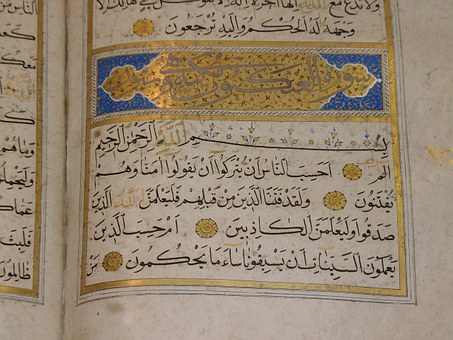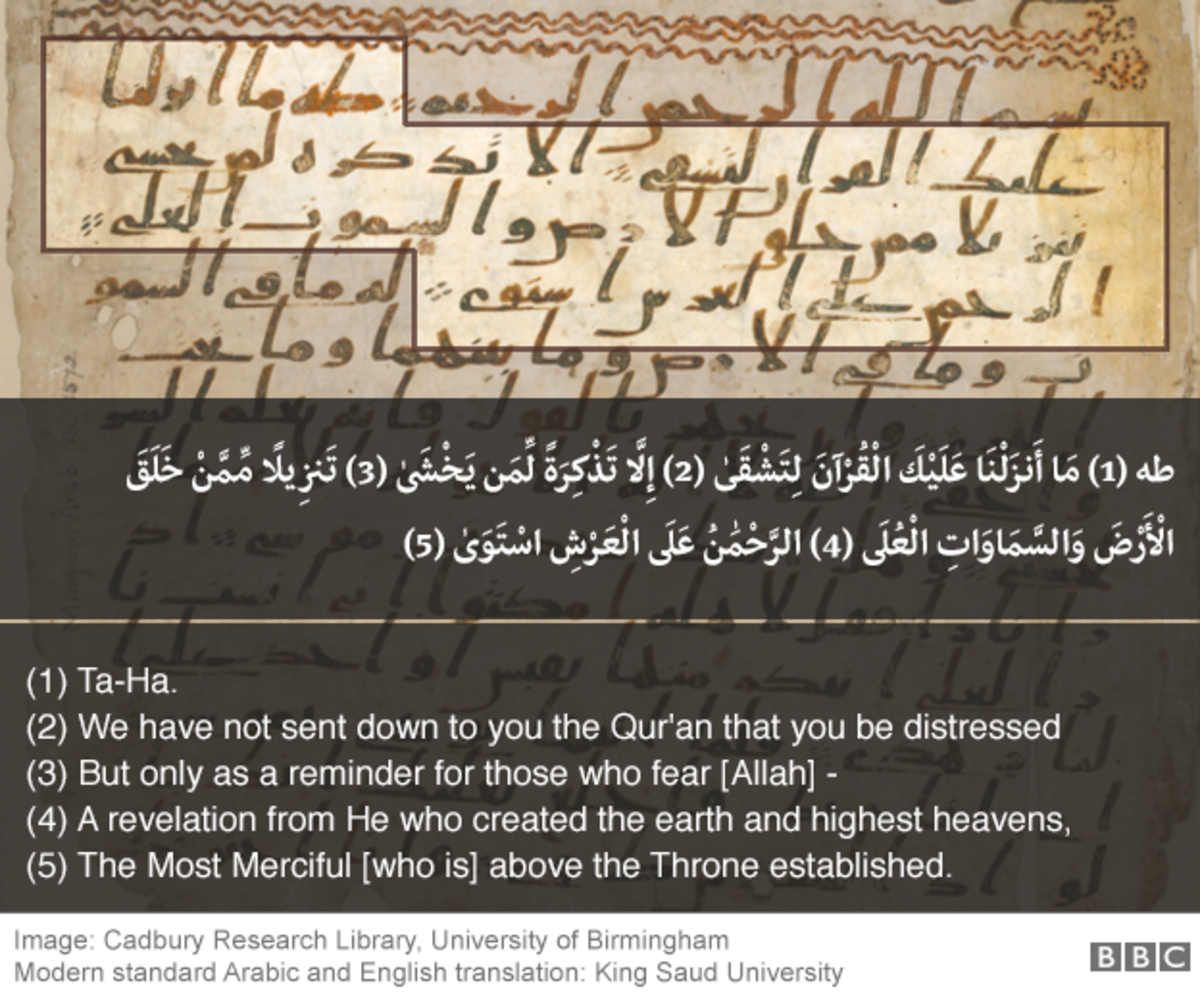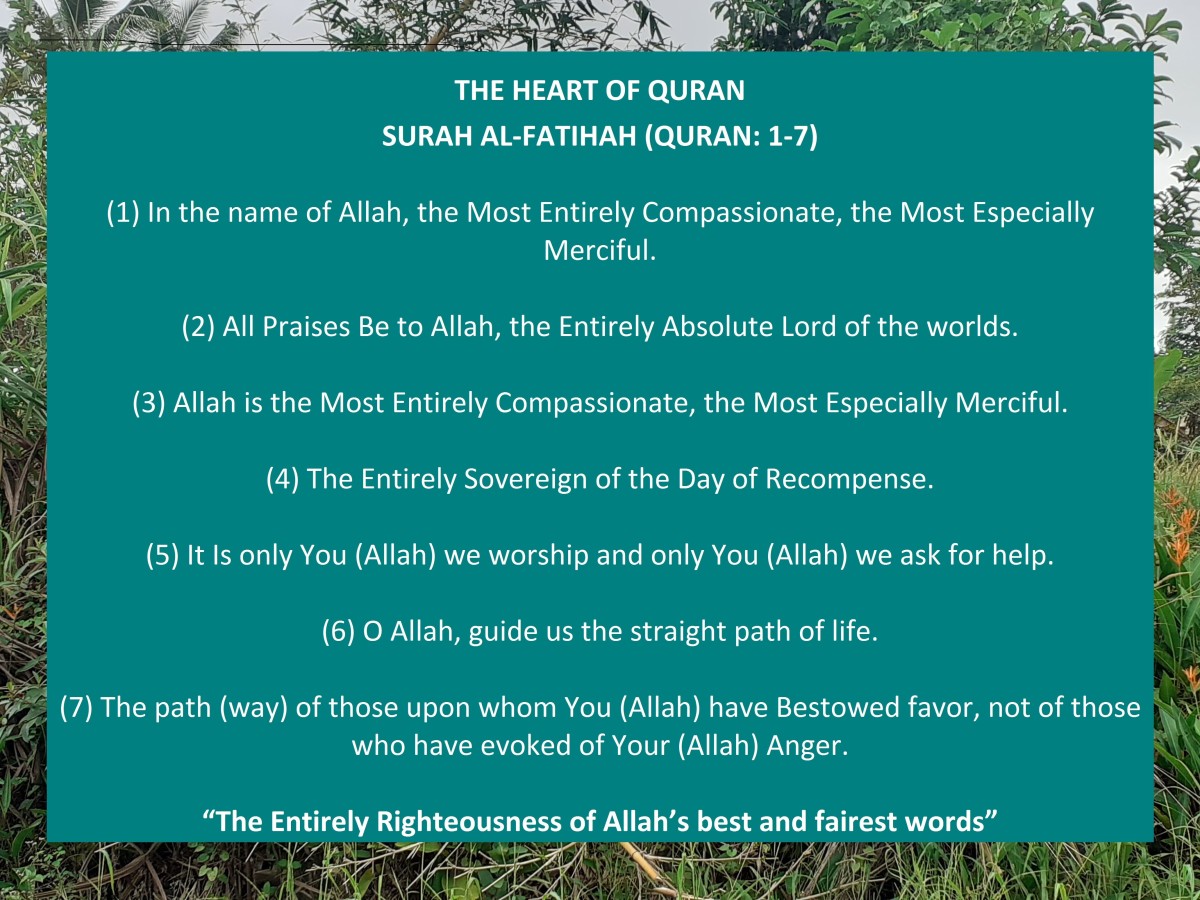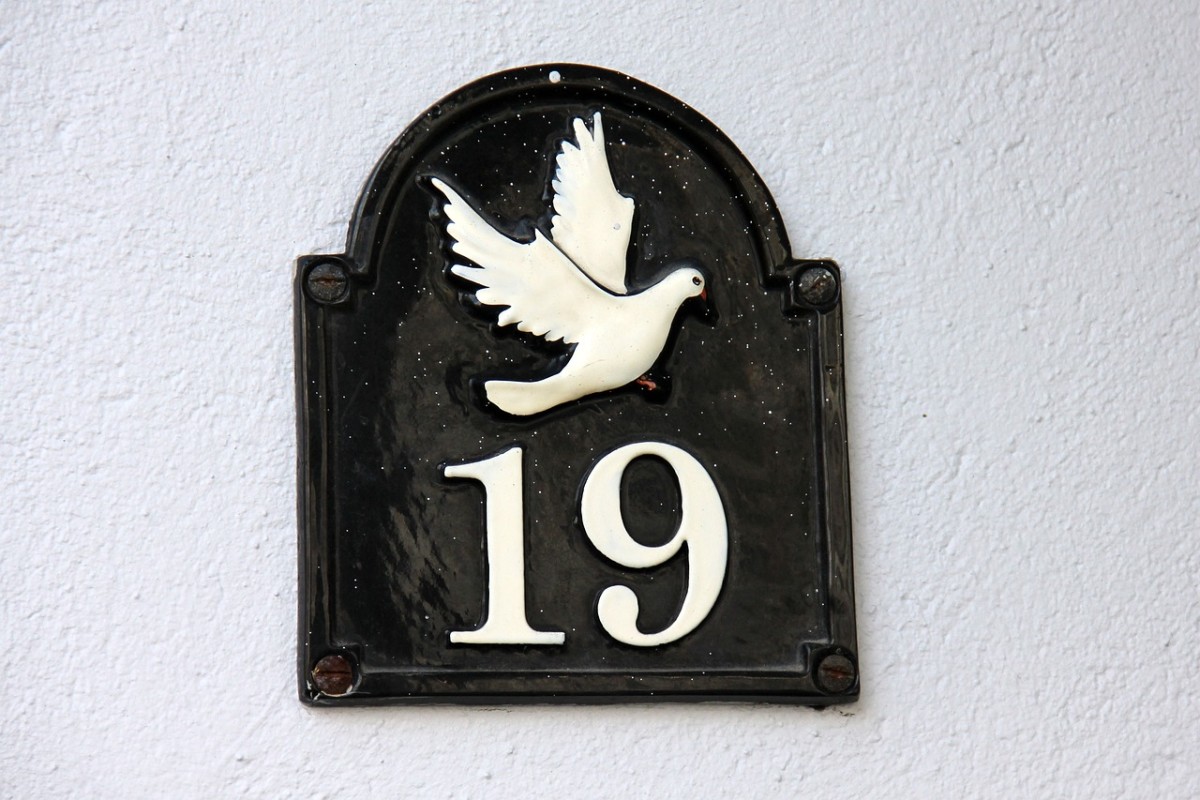We Ask Allah - Last Two Verses of Sura Baqarah

The Quran was revealed to the Prophet Muhammad [peace be upon Him] through the angel Gabriel [AS]. But the last two verses of Sura Baqara, which is the topic of our discussion today, was revealed to the Prophet in the heavens when he was in Meraj (the night journey). In other words all the verses of the Quran was revealed down on the earth; except these two last verses. Its not that these verses are superior to other verses, but these two verses carry a special importance which is why Allah chose to give it as a blessing to the Ummah of the Prophet (sallalahu aliahi wa sallam). So here I present to you the detailed explanation (tafsir) of the last two verses so that even people with no knowledge of the Arabic language can deeply understand it.
Non Muslims do not read the Quran with faith unlike muslims; hence they point out many mistakes in the Quran and its chapters. The main argument which they put forth is that the Quran is not chronologically placed. For instance the first verse to be revealed to the Prophet is "Read! Read in the name of thy Lord..." which is placed all the way at the end. (sura 96). All the verses are also not placed according to subject. Similarly one part of Sura Baqara starts with the story of Adam (AS) and then it starts with the story of Musa (AS). Critics argue that no topic is placed in the Quran according to dates or according to subject. On the face of it, this argument can hold hold true. But lets get over to the Quran again, starting with our topic - Sura Baqarah.

Symmetry of Sura Baqara
When you open to read the biggest sura of the Quran, the topic starts with the description of believers, disbelievers and hypocrites. The last subject of sura Baqara is the prayer to preserve Iman.
The second subject is the topic of Adam (AS) and his story of disobedience to Allah in eating from the forbidden tree. The second last thing of the sura is the guidance to spend in Allah's way. In other words, the second last part of the sura deals with the guidance to keep our needs below the needs of religion and true faith.
The third subject is the topic of Isralites and how they kept denying and disobeying the laws and favors of Allah over them. The third last verses of deal with the laws relating to Muslims.
The fourth topic of Sura Baqara is the trials of Ibrahim(AS) and how he overcame with logical and firm faith. The fourth last part of the sura deal with the trials and test of Muslims. Allah tested your father in lineage (Ibrahim (AS)) so he will put you Muslims also through similar trials.
The middle of the sura deals with the story of the Kaaba and its establishment as the new capital of the Muslims. In the the middle verse of the sura Allah calls us the middle nation in verse 143.
Now Sura Baqara has 286 verses. Divide that by 2 and you get 143. Allah calls us the middle nation in the most middle verse. And they say Quran is not organized! Subhan Allah!
Examining the last two verses.
Now let's get back to the last two verses. Just as a reminder, these verses were given in the seventh and the highest heaven, a place where even the most superior angel Jibraiel (AS) did not have the clearance to enter.
The first part is Amanarasoola.....lamya qul.....translates the messenger believed in what was revealed. Now imagine this situation. The Prophet is honored by Allah himself by talking to him in the third person by addressing him as the Messenger instead of 'you'. What's remarkable in that is the first verse of Sura Baqara is ALM means... the meaning which we have no knowledge of. The first verse itself indicates that we know only that much which Allah allows us to know. The second verse guarantees that this is the book without any doubt and is only the people of Al Muttaqin (the believers) can benefit from the book. The Prophet (sallalahu alahi wa sallam) lived for 40 years in Makkah before the first verse was revealed to him. This affirms that he is among the believers and hence he is addressed with this due respect. Allah continues the verse that the believers have also believed with the messenger. The greatest throne of Allah.... and you, the believers have been mentioned in the highest heavens. This feeling is greater many times than the feeling when some important personality mentions us his/her own gathering.
Allah has put us, Muslims, on the same platform as the messengers, although we cannot ever reach to their level of faith.
The next part of the verse "we make no distinction between any of His messengers.." is the clear indication that belief in the Quran reaffirms the faith in all the previous revelations and messengers before the Prophet Muhammad (peace be upon him). These messengers are as valuable to the Muslims because they were valuable to the Messenger(sallahu alaihi was sallam). So, one of the jobs of the Muslims in this present world is to preserve the integrity of the message of all these previous messengers and spread the message throughout the world. Such kind of true Muslims have been mentioned in the highest station of nobility.
In the next sentence of verse 285, Allah describes that the believers hear and obey immediately. The problem with our Ummah is that we don't hear and we don't obey. If you don't hear, you cannot obey. So first things first, we have to open the text and read (listen) to the words of Allah in order to obey and get closer to Jannah. We keep complaining that Muslims don't obey, but we fail to address the problem that Muslims don't listen first! This is a strong reminder that if others (non muslims) don't listen to the Quran, the problem lies in our defect in presenting the verses, and not in the Quran!
The next part of the same verse, the believers ask for forgiveness, after they had obeyed. Now, why would someone ask for forgiveness when they had obeyed? They should ask for forgiveness when they have disobeyed. But there is a beautiful reason behind it. We Muslims ask for forgiveness because we did not hear the message of Allah for a long time. This is actually the main crux of the verse. We need to take the inspiration from Prophet Muhammad (peace be upon him) and his style of calling people to Islam with mercy, with gracious conduct; to reach out to people before they reach out to us. We whine and get upset because people run away from us, they don't visit the mosques anymore... We need to introspect our style of Dawah is reprimanded, full of prohibitions, or is one with mercy, forgiveness and kind conduct. We are the best judge to ourselves!
The last word of verse 285 "maseer" translates "destination" or the "final resting place". As we are journeying everyday to Allah we witness some kind of transformation within ourselves. Our main aim in this journey is to progress. Progress each day of our lives in our faith, our conduct and our deeds. Read the Quran. Dissolve in its meanings. Go out and experience the signs Allah created for us human beings. It is when that we truly achieve the balance of fulfilling the rights of humans and the rights of Allah, can we achieve true progress of life.
Verse 286
Allah begins the verse by saying that He does not burden a soul beyond his capacity. That means whatever qualities we have is a responsibility from Allah on us to use it to our full potential. On the day of judgement our limbs, eyes and every part of our body will be given the power to speak about the works we performed it to do. Hence the verse continues to say that human beings will bear the consequences of what our hands and limbs have earned through our deeds. And the best part of this test is that if we make the intention to stay on the path of obedience, Allah will make obedience easy for us and disobedience difficult.
The verse continues with the prayer of the believers. Since the heart of a true Muslim is shaken up by this huge responsibility, he sincerely repents and begs Allah to not put any burden that his/her soul cannot bear. So in this way , Allah uses the Quranic verses to guide the believers. Allah used verses of mercy of the Quran to guide even the people of Quraysh who used to ridicule the Prophet (sallahu alaihi wa sallam). When Allah is patient with the Quraysh, who used to make fun of the Prophet of Islam, why cant we use mercy to spread the message of Allah? Allah has many many other ways to bring people to the straight path, but still, Alhamdulillah, He chooses mercy over all other ways of teaching.
The verse is in one of the last words with the believers asking for pardon, and pardon lovingly. And after lovingly pardoning us please cover our mistakes, keep us in your blessings. And after You have blessed us keep us away from disbelieving people.
Here the verse is pointing that even the most sincere of believers can and will have mistakes. Even the Prophet (peace be upon him) had Quraysh as his enemies, although he was the most kin, most humble, most truthful and taught nothing but truth, honesty and kindness. The point here is that you will have enemies regardless of how humble, truthful or sincere you are. So make sure that you have enemies for the right reason. Have enmity with those who are enemies of Allah. Mind you, I am not telling to wage a war or hate all non muslims altogether, but have enmity to those who deliberately try and find ways to malign Islam, to mock at the Prophet of Islam and the likes.
Surah Baqarah [Last 2 Verses]
The last word
Humanity started with one man - Adam (AS). The humanity will end with one Ummah - The ummah of Prophet of Muhammad (sallahu alaihi wa sallam)
Adam (AS) started his journey in the heavens. And this Ummash's journey will also end in the heavens.
In sura Najam, it is stated that Jannah is right under Allah's throne [Arsh]. The journey of revelation began from there itself. When the revelation ended, the last words to be reveled were the last two verses of Sura Baqara. Masha Allah! What a superb and magnificent way to end the revelation!
We have the same responsibility as the responsibility of Muhammad (sallahu alahi wa sallam) by proving that our Ummah is worthy of this responsibility and end our journey in the highest station of Jannatul Firdaus!
Aameen








